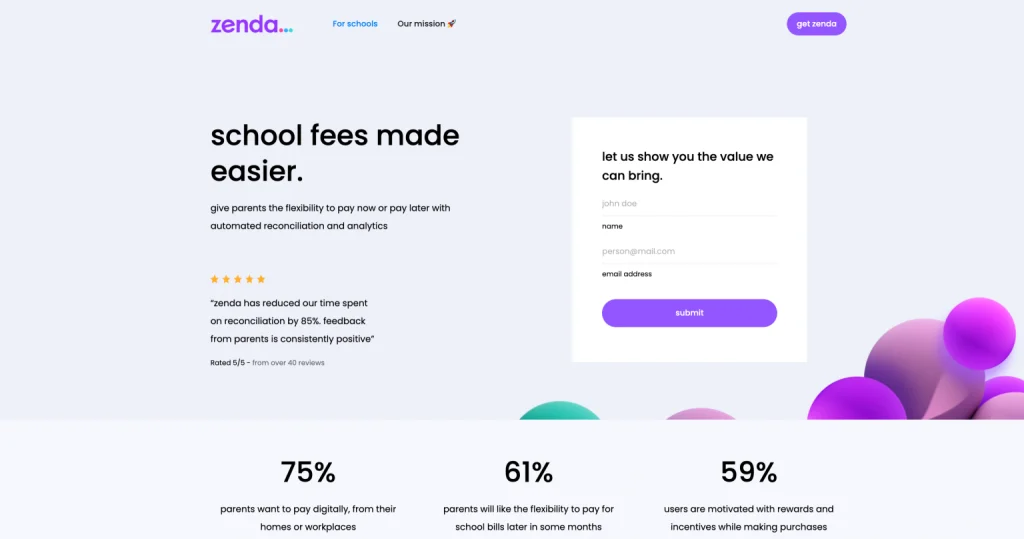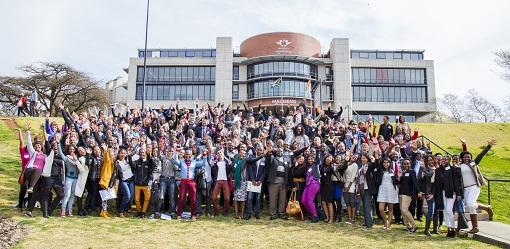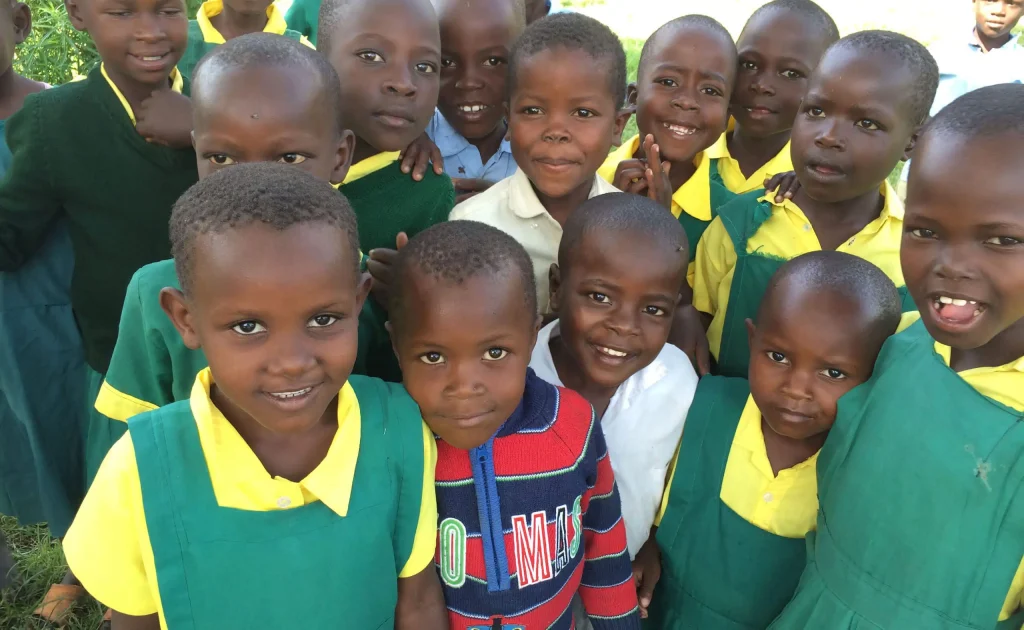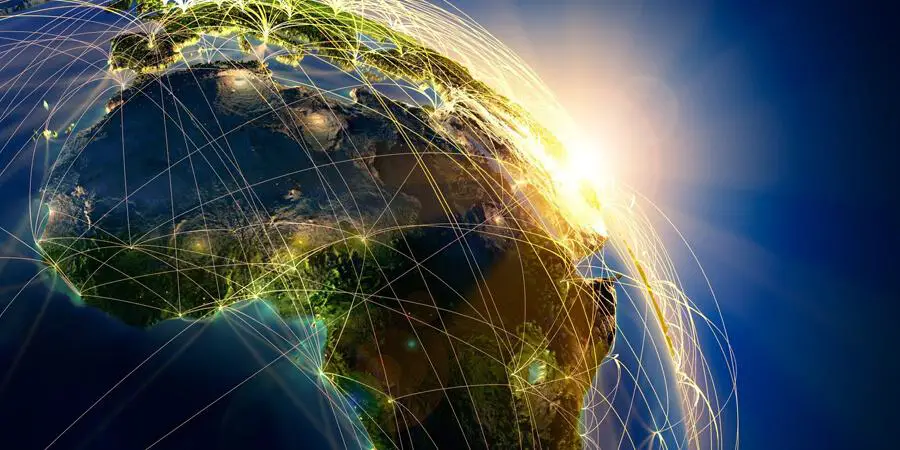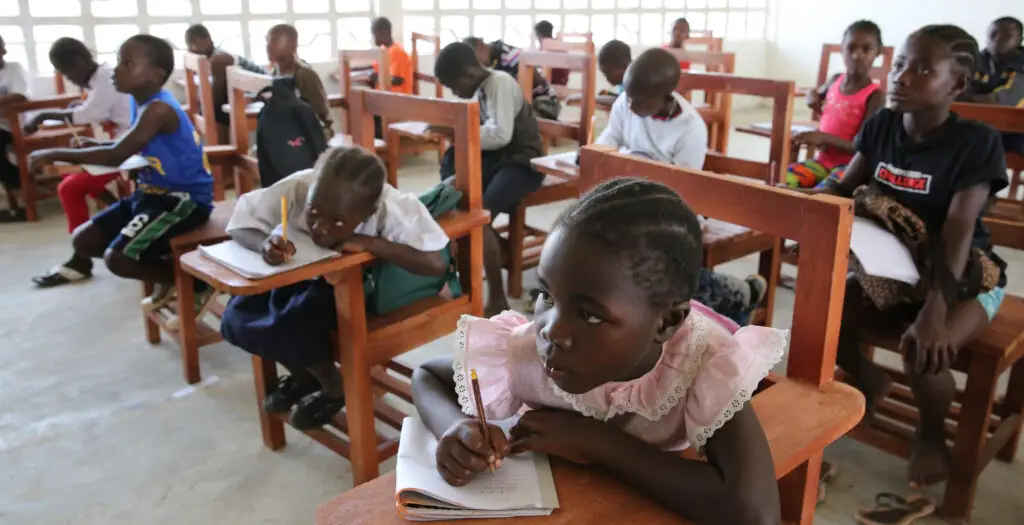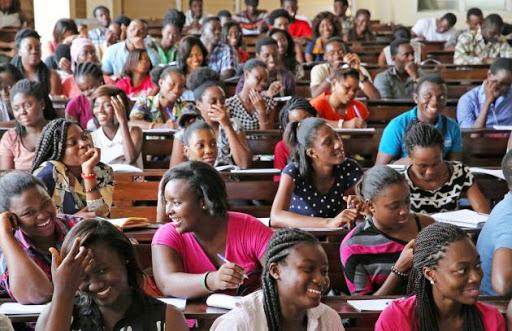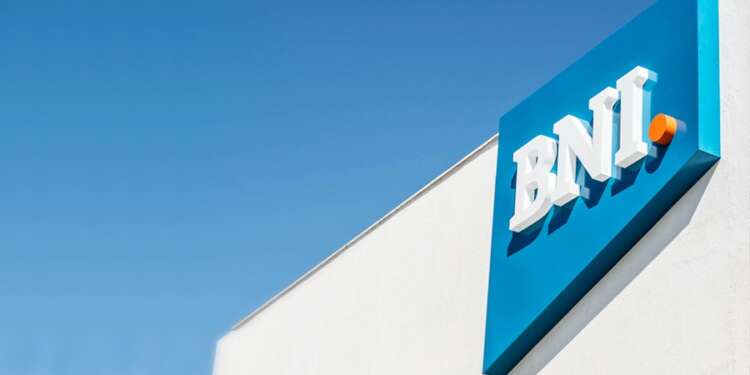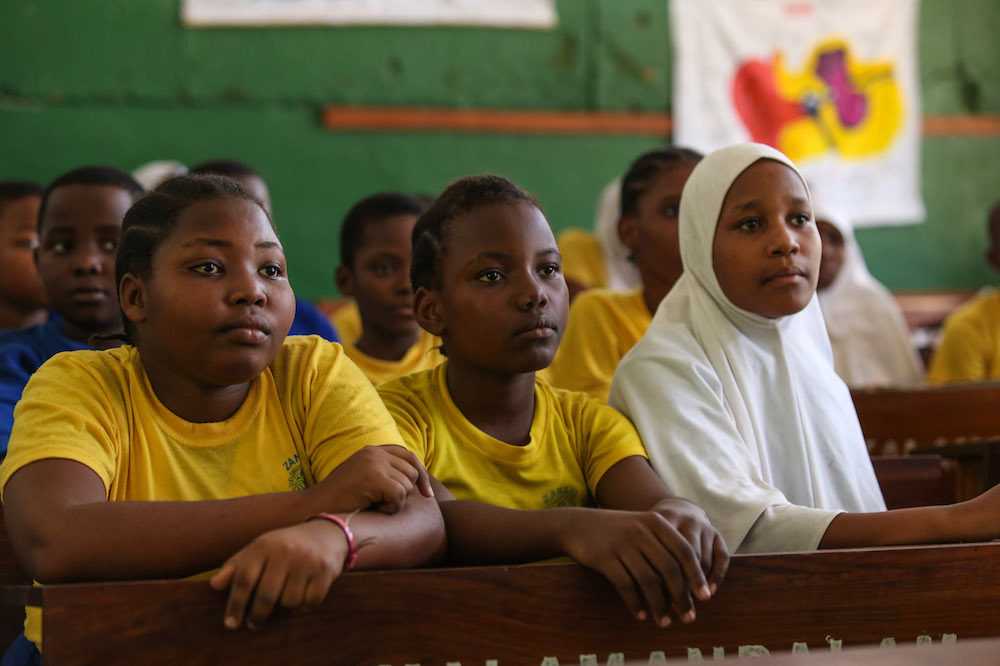- How transition finance can catalyse Africa’s green industrial revolution
- Stanbic PMI Report: Mixed performance as Kenya’s agriculture, construction offset manufacturing decline
- Uganda’s land management gets a tech makeover to boost transparency
- Nigeria’s output dips fastest in 19 months on a sharp rise in costs
- Apple faces growing backlash over Congo exploitation
- Why East Africa is staring at higher wheat prices in 2025
- Nairobi Gate SEZ pumps $7 million into Kenya’s agro-processing industry
- What impact will the US election have on Africa?
Browsing: Education
- Through its app, Zenda allows parents to pay fees directly to schools, all while streamlining collections by enabling schools to accept and manage online payments
- Parents do not necessarily need to provide bank deposit slips as proof of payment because all transactions on Zenda happen in real-time
- Zenda’s users have increased 20 fold, with the app reaching over US$100 million in annual contracted payment volumes by the close of last year
UAE- based startup Zenda is now eyeing Africa as its next frontier market for growth.
The company which is looking to change how parents pay school fees and the way in which educational institutions manage the collection of fees is looking to expand its reach to Africa.
Formerly known as nexopay, the firm plans to penetrate the African market through Egypt in the coming months as the firm embarks on a growth drive accelerated by a US$9.4 million seed …
- The South African learning institution report has said it will issue blockchain-based certificates to its graduates in 2022
- The report further explains that each qualification document given by the University of Johannesburg will have a QR code to verify its authenticity
- The blockchain-based system is unique because it allows third parties, such as prospective employers, to verify a graduate’s certificate
Africa faces a crisis of insufficiently qualified university graduates, predominantly because of three significant factors. There is a lack of enough universities to administer high school graduates in the continent, a higher preference for overseas education and fake certificates that trash the ability to discern genuine qualifications in the market.
Blockchain technology in University degrees
However, the University of Johannesburg, A university-based in South Africa, has induced blockchain technology in its system to help counter the last setback.
The University has said it will issue blockchain-based certificates to students graduating …
AKF has a very deep-rooted history of funding education initiatives in Africa. This effort is one of many funding partnerships that give life to education programs in the region and eliminate illiteracy within communities.
Gone are the days of education being an overlooked sector. Over the past decade, funding for education has assumed a critical shape.
Aga Khan Development Network (AKDN) has been investing in education in Africa for several decades, from the early stages of learning to the university level.
AKDN has contributed to enhancing education systems in Uganda, Tanzania and Kenya with the support of partners—the network has reached 1,300 public schools, trained 6,00 teachers, and reached 500,000 students.…
- A report by the African Development Bank notes that today, at least a quarter of the continent’s population has internet access, a nearly fifty-fold increase in internet usage since the turn of the millennium.
- Mobile technologies alone have already generated 1.7 million jobs and contributed US$144 billion to the continent’s economy, or roughly 8.5 percent of GDP
- Accelerating digitalization, artificial intelligence (AI), cloud computing, robotics, and 3D printing – have obvious and important implications for education, employment, and the future of work
Leaders on the African continent must work harder to harness emerging technology to boost government performance, transparency, and inclusivity as the continent recovers from the Covid-19 pandemic.
They also need to ensure that the growing technological advancements across the continent are not used as a tool of repression, division, and conflict.
According to a study by the World Health Organization, 13 percent of all new or modified
- Learning poverty is costing African young learners dearly
- Median international school fees in Africa span from US$4000 to US$10000 in Africa
- Free education in Africa is now available across most countries.
Education is the most valuable investment any country can have, but the COVID-19 pandemic places this priceless activity in a rather unprecedented position, threatening the fate of the next generation.
Various numbers and figures make the latter clearer. According to International Schools Database, Median international school fees in Africa span from US00 to US,000 in Africa. (https://artandhistory.org/) According to a 2020 based study on 14 countries, the average spending mark on education in Africa was 4.77 per cent.
Out of 53 countries, at least more than 40 provide free education to children in Africa. These numbers are a glimpse of how education is crucial to developing economies, Africa to be specific.
Read: World Bank invests in East …
Education Business
Exeo capital, an African alternative investment firm, has acquired the Pearson Institute of Higher Education. The acquisition, a joint initiative between EXEO Capital and Stellenbosch Graduate Institution, is set to widen availability and access to higher education in Africa, particularly South Africa.
Person Institute Of Higher Education operates across 12 separate campuses in South Africa covering over 7000 students.
The institute of higher learning was formed through the union of CTI Education Group and Midrand Graduate Institution in 2010. The institution offers academic and career-oriented learning programs.
The investment aims to scale the operation of Pearson Institute within South Africa as well as expand into the pan African market.
The demand for higher education remains high given the rising population and increasing middle class in Africa. The investment firm projects that the business of education in Africa is anticipated to quadruple in the next ten years. They are …
Following recent announcements from the government, Mozambique’s BNI (Banco Nacional de Investimentos) is about to launch two credit lines to assist the country’s SMEs to mitigate the effects of the COVID19 pandemic.
Small and medium companies represent the core of the country’s formal/ informal economy and have been heavily affected by the pandemic. The new credit lines are due to be officially announced by BNI this week and will address specifically SMEs, hospitality and education with an expected interest rate below the market rates.
Also Read: Legal pointers for Mozambique SMEs
The credit lines are meant to assist companies affected by COVID-19 in the entire country and are being financed by the government and the INSS. BNI expect the credit lines to address such issues as maintenance, restitution and the increase of jobs and household income as well as to provide some much breathing room cashflow in affected companies.
Although …
World Bank Group, Tanzania’s biggest lender has approved a $500 million education loan, after a series of delays triggered by various concerns related to banning pregnant students from public schools, drawing harsh criticism from human rights activists and politicians.
The lender froze $1.7 billion in loans to Tanzania in 2018 following both the pregnant student ban and a harsh statistics law. It started releasing funds again to the East African country last September.
According to information from the World Bank, the $500 million Secondary Education Quality Improvement Project (SEQUIP) will directly benefit about 6.5 million secondary school students by strengthening government-run schools and establishing stronger educational pathways for students who leave the formal school system.
However, the terms of the loan, which is designed to improve secondary school access, give pregnant students – who were forced to drop out – a chance to complete their schooling through alternative public education …
Tanzania and World Bank have been close development partners for more than 54 years, and throughout the years—Tanzania has benefited from several funds that tap into the core of transforming the development landscape in one of the largest economies in East Africa.
According to World Bank, in the last 50 years, the cooperation between the Bank Group and the Government has grown in financing, grants, policy advice, and research; covering various areas from macroeconomic management to projects in transport, energy, education, health, and other key sectors for both Tanzania Mainland and Zanzibar’s development.
Recently the government of Tanzania has experienced a hard-time securing a $500 million education loan from World Bank, scheduled to revitalize the crucial sector in Tanzania.
The loan could be largest financial assistance provided to Tanzania within the past three years aimed at the education sector.
And yet—the loan has been delayed, in the wake of human …
Tanzania education landscape has acquired a $ 90 million boost from the Global Partnership for Education (GPE), for the enhancement of the sector.
According to a local Tanzanian news outlet-Daily News, the funds go after financing the construction of classrooms and other supporting infrastructure to accommodate the increasing number of enrolled children fueled by the new free education policy, ushered by the fifth government.
Statistics from the Ministry of Education, Science and Technology indicate that pupil’s enrollment has increased from 1.1 million to 1.9 million since the government started to implement the free basic education policy in 2016.
According to the Ministry of Finance and Planning, Permanent Secretary (PS) Doto James, the grant will be used to bankroll Education Sector Development Plan (ESDP) 2016/2017- 2021/22 and Education Programme for Results (EPforR).
The signing of the two grant agreements was held in Dar es Salaam yesterday between the Swedish Ambassador in …





